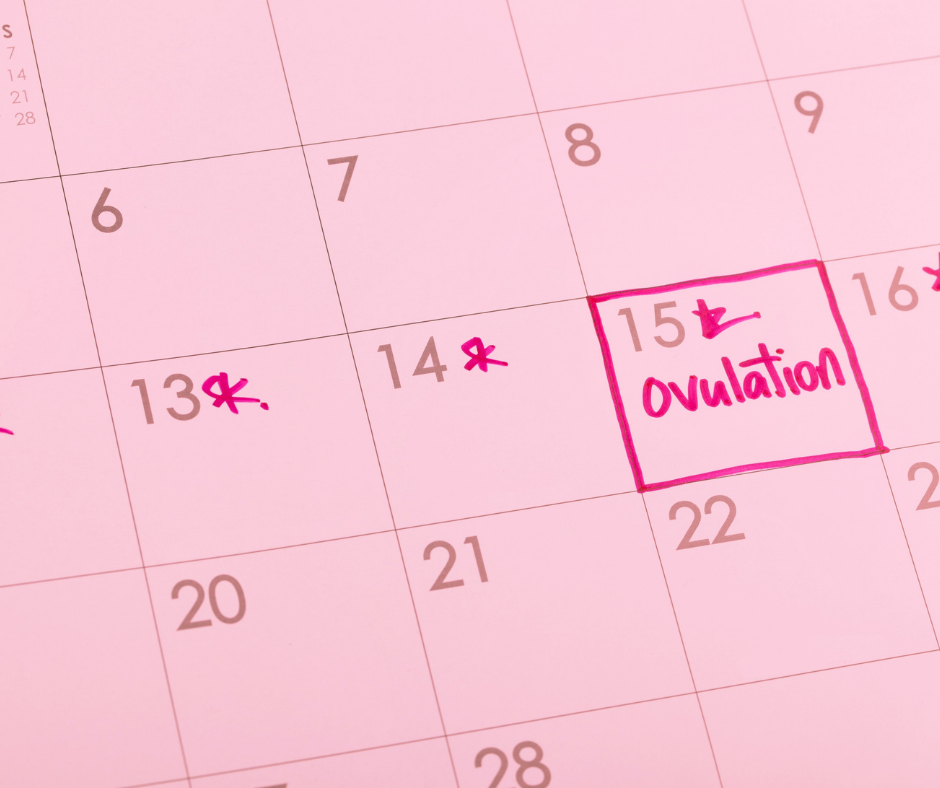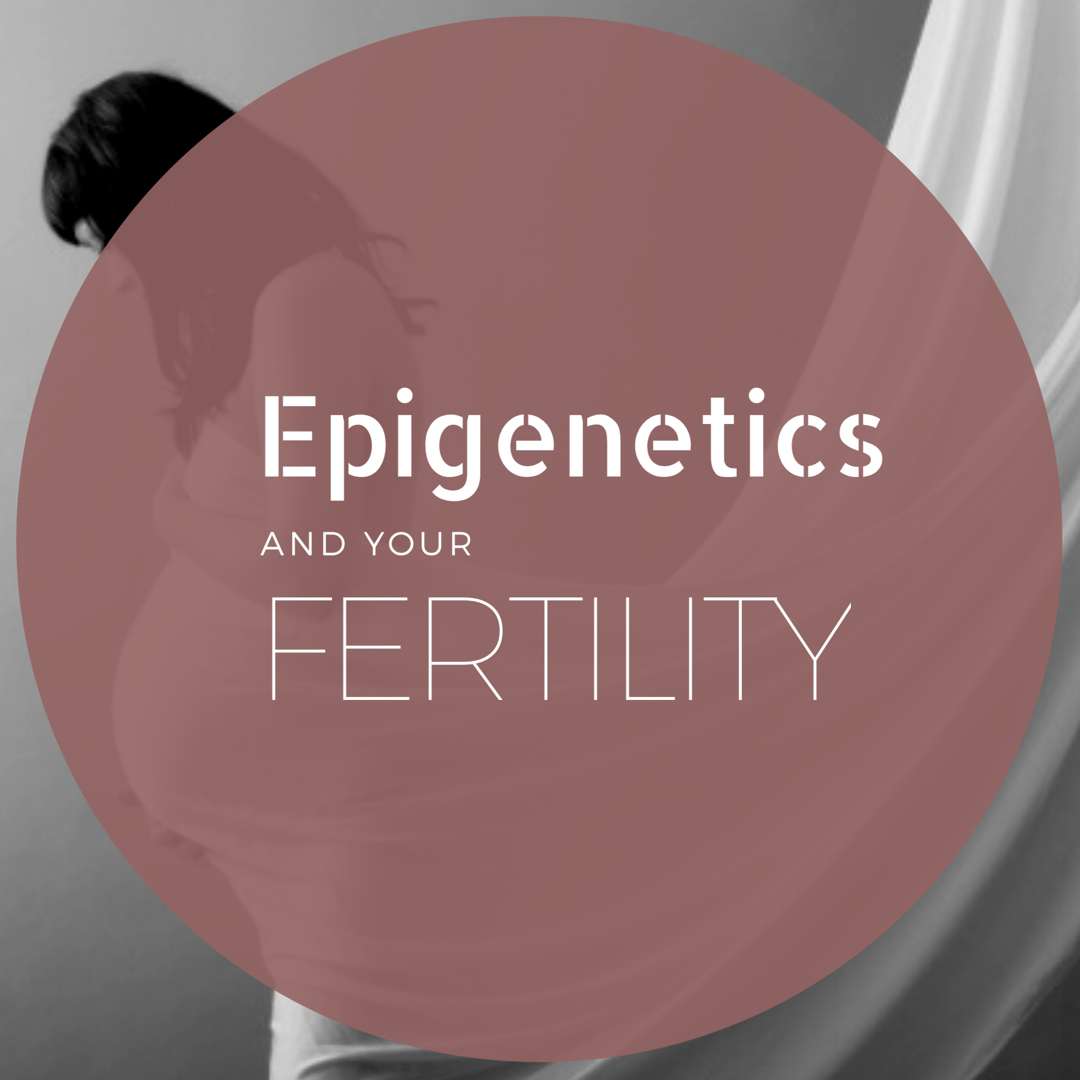Your connection to the creation of a new life is unlike any other. Women who have been trying to conceive for years may feel like they’ve exhausted every possible option. It’s time for a fresh perspective.
As a fertility coach, you can help couples regain their hope and confidence by guiding them through one of the most challenging times in their lives. You’ll be there to support them through each step of their journey, from conception through pregnancy and beyond.
The best part? You don’t need any special prerequisites to get started! In fact, many fertility coaches are not doctors or nurses — they simply have specialized training in fertility coaching and the desire to help others navigate their infertility journey.
You can start your own fertility coaching business by offering basic services like cycle tracking tools and lifestyle support. Or if you’re interested in going deeper into this field, we recommend that you take our Integrative Fertility Training Coach program and become certified so that you can really understand what it means and have the tools to become a fertility coach.
To get started as a fertility coach, you need to be able to:
Be a good listener. One of the most important skills for a fertility coach is being able to listen well and respond appropriately to what people tell you. You’ll need to hear what they are saying, understand why they are saying it, and give them support and guidance based on that information.
Be perceptive. You’ll also need to be able to notice things about people that others might not see. For instance, if someone says she’s having trouble getting pregnant because her husband doesn’t want kids, but then mentions that he always wants sex at night when she’s tired or stressed out — that might be an important clue that there is more going on than meets the eye!
Be empathetic. Although this goes hand-in-hand with being perceptive, it is worth mentioning separately because empathy is such an important part of being a good fertility coach. Asking the right questions and listening carefully so you can understand what your clients are going through will help you feel their pain and know how best to help them move forward towards their goals (which may include conception or simply getting pregnant.
If you would like to get started sign up for our free workshop and start training today! FREE WORKSHOP







